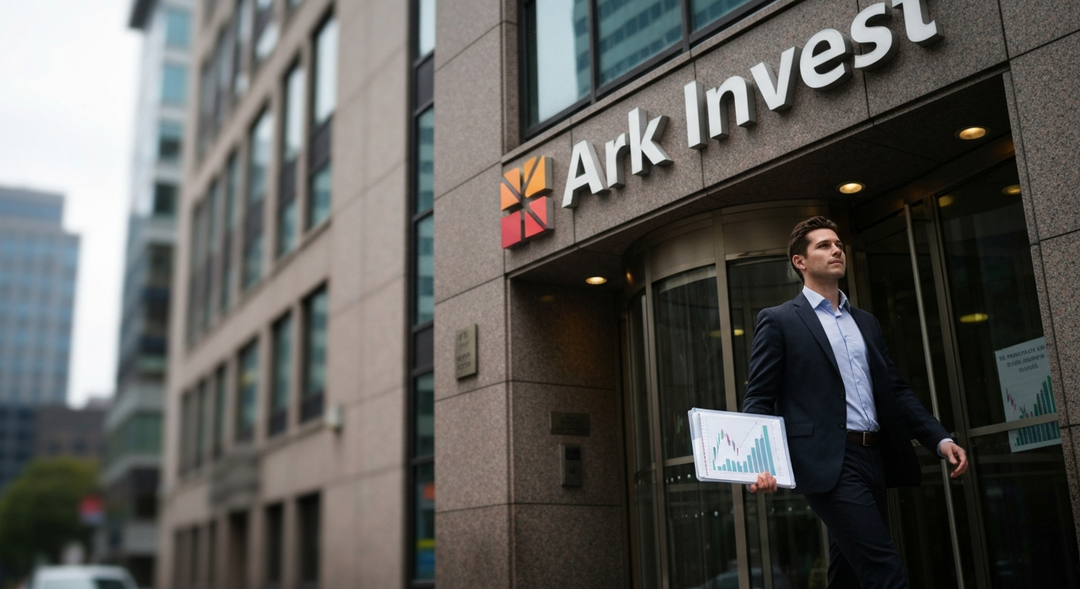Bitcoin leads the way as digital finance transforms the modern world.
Many see government currencies as outdated compared to this alternative.
Start Cloud Mining allows new entrants and seasoned investors exposure to this financial shift, often bypassing traditional hurdles found in banking. Bitcoin has appealed to the unbanked, a significant segment of the population that currently lacks access to conventional banking services, giving them the capacity to manage finances and payments more efficiently.
The rapid transfer of funds, especially across borders, stands out as one of Bitcoin’s most celebrated advantages. For example, sending money through global banking networks frequently involves waiting several days, whereas Bitcoin delivers within an hour and sometimes even faster by using advanced network solutions.
Bitcoin’s Unique Position in the Crypto Universe
While many innovative blockchain projects continue to emerge, Bitcoin consistently remains at the center of the discussion for its dominant market position. Tim Draper, a renowned advocate for crypto technology, likens the evolution within the space to past changes in the software industry. Just as new computer applications once borrowed features and functions from each other before consolidating around leading platforms, newer crypto advances—like smart contracts and decentralized finance—often eventually return and integrate with the Bitcoin network.
Bitcoin’s share of the digital asset market speaks to this gravitational effect. As other cryptocurrencies attempt to find their unique use cases and methods, Bitcoin reclaims and incorporates much of that progress, solidifying its role as a foundational technology rather than just another alternative. Even as more specialized or faster blockchains emerge, it is Bitcoin’s overall trustworthiness, established recognition, and technical strength that continue to draw in further innovation.
Retailers around the world are slowly but surely beginning to accept Bitcoin, recognizing its growing global reach. The likelihood that store owners or business proprietors will opt to accept lesser-known digital coins over Bitcoin remains low due to brand familiarity. Displaying an option for well-known digital currency inspires more trust and attracts more customers, especially as global spending preferences shift.
Global Attitudes and Political Implications
Throughout the past decade, governments have fluctuated in their responses to Bitcoin and blockchain’s rise. Some officials once viewed these tools with suspicion, believing them to be threats to traditional institutions. Draper suggests that this reluctance, especially within influential countries like the United States, may have delayed opportunities for economic innovation and slowed the embrace of emerging financial technologies.
However, adaptiveness is increasingly vital. Shifts in political leadership and a mounting push for innovation-friendly regulations are helping the U.S. reevaluate its position. Other regions, meanwhile, rapidly embrace blockchain for a variety of uses. In places where governments actively encourage digital finance and legal clarity, communities have become more agile at developing and applying these technologies.
El Salvador has become an illustrative example in Draper’s perspective. Once considered among the world’s least developed economies, it is now viewed by some industry observers as a bold leader in adopting cryptocurrency on a nationwide scale. Everyday citizens in this country are learning about and implementing complex blockchain concepts that were once the domain of specialized financial experts or programmers. These changes are sparking conversations about how quickly global attitudes can shift when populations acquire both knowledge and access.
Retailers and local businesses in areas like El Salvador are increasingly familiar with accepting cryptocurrency payments in daily transactions. As acceptance continues to rise, it sets the stage for a future in which fiat money, such as the dollar, could face diminishing relevance. The widespread embrace of digital finance in these areas has not gone unnoticed, and some believe that such examples could propel broader international shifts.
Conclusion
Bitcoin continues to anchor the financial transformation taking place across the world. Its foundational technology, expanding acceptance, and resilience against skepticism have given it a unique and lasting influence.
As more consumers, investors, and governments discover practical uses for digital assets, the pace of change is expected to accelerate. Whether through channels that enable people to Start Cloud Mining or via expanding retail adoption, Bitcoin is positioned to remain at the forefront of the evolving digital economy.

Ewan’s fascination with cryptocurrency started through his curiosity about innovative technologies reshaping the financial world. Over the past four years, he has specialized in cloud mining and crypto asset management, diving deep into mining contracts, profitability analysis, and emerging trends. Ewan is dedicated to helping readers understand the technical and economic aspects of crypto mining, making complex information accessible and actionable.




